SUMMARY
This is AI generated summarization, which may have errors. For context, always refer to the full article.

Filipinos will cast their votes for a new president, among other officials, on May 9, 2022.
It’s not too early for voters to know what powers they are giving and what responsibilities and services they should expect – in fact, demand – when they elect candidates to office.
In 2022, we will elect a new president, a new vice president, 12 senators, hundreds of district congressmen and congresswomen, party-list organizations that will nominate dozens of congressional representatives, and thousands of provincial, city, and municipal officials.
Once elected and sworn into office, they are given powers to wield, standards to uphold, and responsibilities to fulfill, as stated in the 1987 Philippine Constitution, the Administrative Code, and the Local Government Code of 1991.
To help us navigate this crucial exercise of choosing who will govern us in the next three to six years starting June 30, 2022, read Rappler’s series detailing the qualifications, powers, and responsibilities that come with each elective position:
- Powers and Duties: President, Vice President of the Philippines
- Powers and Duties: Senator in the Philippines
- Powers and Duties: District Representative, Party List Representative in the Philippines
- Powers and Duties: Provincial Governor, Vice Governor, Board Member in the Philippines
- Powers and Duties: City Mayor, Vice Mayor, Councilor in the Philippines
- Powers and Duties: Municipal Mayor, Vice Mayor, Councilor in the Philippines
– Rappler.com
Add a comment
How does this make you feel?
![[WATCH] #TheLeaderIWant: Filipino voters sound off on community issues a year before 2025 elections](https://www.rappler.com/tachyon/2024/05/filipino-voters-sound-off-on-community-issues-1.jpg?resize=257%2C257&crop=276px%2C0px%2C720px%2C720px)

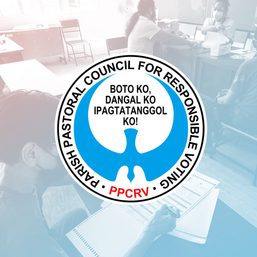


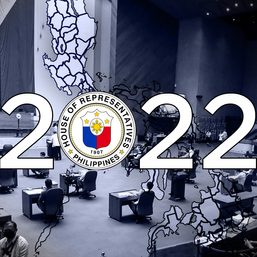
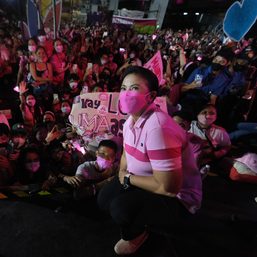







![[New School] Tama na kayo](https://www.rappler.com/tachyon/2024/02/new-school-tama-na-kayo-feb-6-2024.jpg?resize=257%2C257&crop=290px%2C0px%2C720px%2C720px)
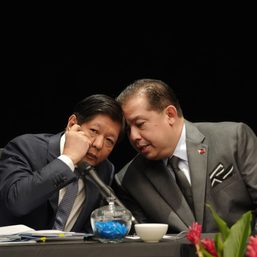









![[Newsstand] What’s next for VP Sara: Go Macapagal or go Arroyo?](https://www.rappler.com/tachyon/2024/06/tl-vp-sara-duterte-go-macapagal-go-arroyo-1.jpg?resize=257%2C257&crop=412px%2C0px%2C1080px%2C1080px)
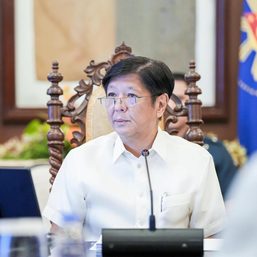

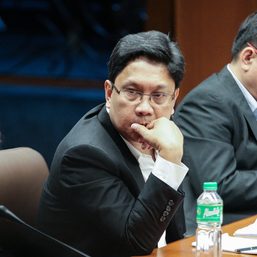
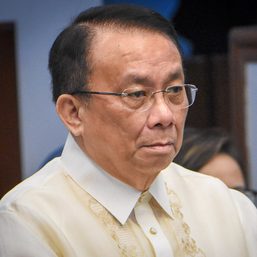


![[OPINION] Does VP Sara Duterte have a game plan?](https://www.rappler.com/tachyon/2024/06/sara-duterte-game-plan-june-25-2024.jpg?resize=257%2C257&crop_strategy=attention)

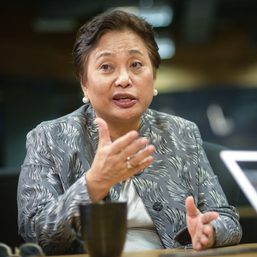
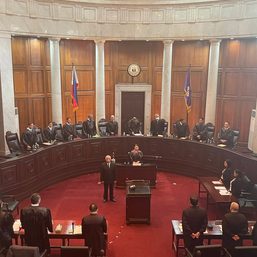
![[OPINION] Fiscal firestorm and the confident crusaders for transparency](https://www.rappler.com/tachyon/2023/10/fiscal-firestorm-confident-crusaers-transparency-october-3-2023.jpg?resize=257%2C257&crop_strategy=attention)
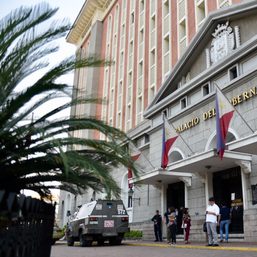
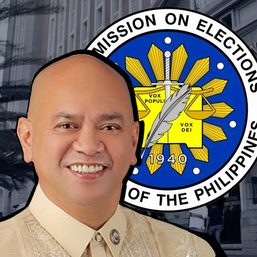








![[WATCH] Bamban POGO scandal: There’s a bigger fish than Alice Guo](https://www.rappler.com/tachyon/2024/07/inside-track-tcard-bamban-pogo.jpg?resize=257%2C257&crop=435px%2C0px%2C1080px%2C1080px)
There are no comments yet. Add your comment to start the conversation.